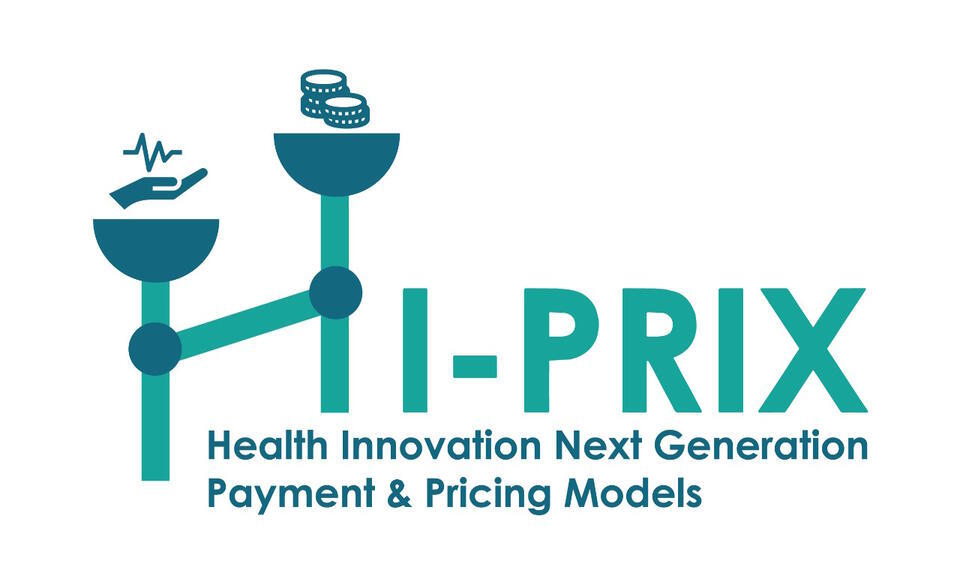
Summary
The variety of innovative technologies with the potential to revolutionize the delivery of health care means that the policy toolbox will need several pricing and payment models, adapted in their design and implementation according to the specific situation. Although there are examples of novel pricing and payment models, the lack of appropriate data infrastructure, legal barriers and unwillingness to adapt current systems often prevent their use. Therefore, the overall objectives of the Health Innovation Next Generation Pricing Models (HI – PRIX) project are: i) to map and formulate new pricing and payment schemes that can be used across technology classes, therapeutic areas, setting and healthcare systems/geographies together with a related set of principles that may guide successful adjustment and flexible implementation to the context of use; ii) to investigate the impact on competitiveness, innovation, equity and affordability of a pipeline of contracting modalities for health innovations; iii) to address the challenges and concerns of payers, manufacturers, healthcare professionals, and patients about different models of pricing by sustaining an effective dialogue across stakeholders’ groups about the trade-offs between affordability, innovation and patient access. Coordinated by Bocconi University, the HI-PRIX Consortium involves 18 partners from 10 European countries, including academic institutions, public authorities, healthcare providers, and independent research organizations. Through theoretical models, quantitative simulation, qualitative research work and case-studies, this three-year project structured around 10 WPs, will generate new evidence on the role of public sector in R&D and indirect medical and environmental costs in pricing and reimbursement determinations, on the pricing dynamics over pharmaceutical products’ lifecycle, on the impact of policies and incentives on the competitiveness, innovativeness and equity in the healthcare system.
Objectives
CHEPI, together with i3Health, will lead on WP7 and work towards the following objectives:
- Assess the comparative effectiveness of pre- and post-innovation incentive mechanisms for pharmaceutical innovation (henceforth broadly defined as policies, regulation, and market-based mechanisms) in: i) Ensuring innovation in key areas of need by public and private innovators; ii) Ensuring timely global access to those innovations in countries with different levels of income and affordability;
- Identify strategies, policy and market-based instruments to foster innovation in key areas of need and to reduce inequalities of access to pharmaceutical innovation.